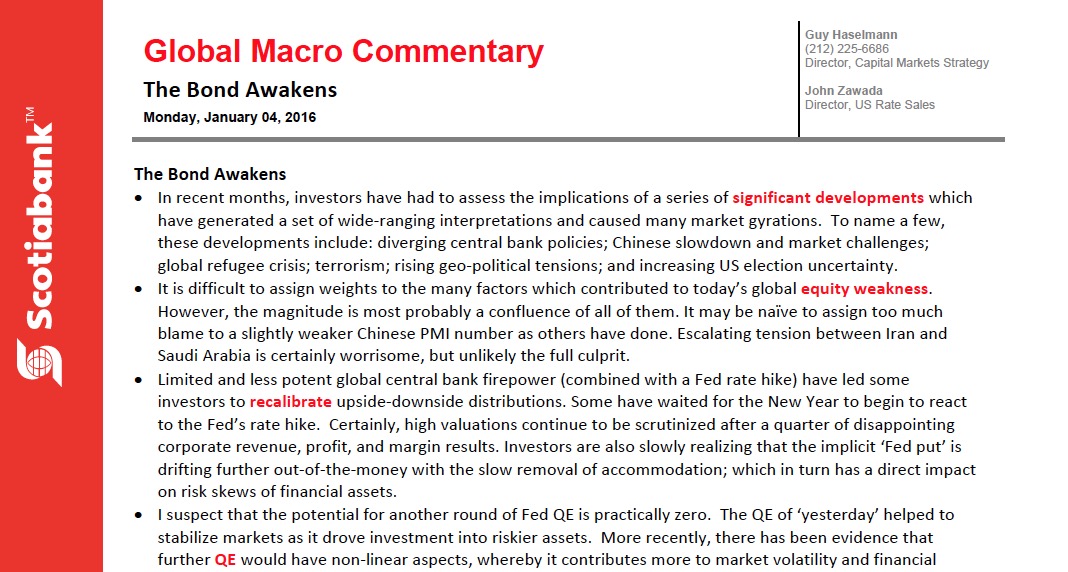Monday Update: Consumers Confident, but Housing Slows
by Brad McMillan Commonwealth Financial Network
 Last week was a short one thanks to the New Year holiday, with limited economic data released. Overall, the data was positive, indicating that improved consumer confidence should continue to drive the economy. But one of the major components, housing, may be slowing down, suggesting more of a slow but steady recovery.
Last week was a short one thanks to the New Year holiday, with limited economic data released. Overall, the data was positive, indicating that improved consumer confidence should continue to drive the economy. But one of the major components, housing, may be slowing down, suggesting more of a slow but steady recovery.
A look at last week’s numbers
The Conference Board’s Consumer Confidence Index was expected to increase to 93.5, after a much weaker than expected reading of 90.4 in November. The actual number beat expectations, at 96.5, apparently supported by low gas prices and healthy labor market conditions, and the previous month was also revised up. This is a positive sign, and the recovery suggests that November’s drop—a yellow light in my last economic risk factor update—was probably a false signal.
Pending home sales were more mixed. Although year-on-year pending sales were up by 2.7 percent, the monthly change was a drop of 0.9 percent—the third decline in four months and well below expectations. The drop may be due to tight inventories and rising prices, which just hit their highest level in eight years, but it remains a cautionary sign for the housing sector.
The week ahead
This week is a big one for economic data. The ISM Manufacturing Index, released today, declined slightly, from 48.6 to 48.2, and remains in contractionary territory. The continued weakness is due to the strong dollar and tepid demand outside the U.S. The international trade balance, slated for release on Wednesday, should confirm this; it’s expected to decrease to a net loss of $44 billion (from $43.9 billion) as imports continue to outpace exports.
The demand for imports is being driven by the strength of the service sector, and the ISM Non-Manufacturing Index will provide a look at that segment of the economy on Wednesday. Results should remain strong, with expectations for a small increase from the previous reading of 55.9, a level that has correlated with robust growth historically. As the service sector covers about seven-eighths of the economy, it should serve to shore up the weakness in the manufacturing sector.
Also on Wednesday, we’ll see the minutes from the December meeting of the Federal Open Market Committee, which will offer more details on the Fed’s decision to raise interest rates. Given the unanimous vote, investors will be looking to see just how unanimous the discussion was, and the minutes should provide some insight into the Fed's view of the economy.
Finally, Friday’s employment report will show whether the evidence of economic slowdown in recent weeks has extended to the job market. Job growth is expected to decline slightly, to around 200,000 from 211,000, but to remain at healthy levels. Wage growth is expected to stay constant, at around 0.2 percent. Once again, steady growth is the expectation.
I hope everyone had a great holiday season, and I wish you the best in 2016. Happy New Year!
Commonwealth Financial Network is the nation’s largest privately held independent broker/dealer-RIA. This post originally appeared on Commonwealth Independent Advisor, the firm’s corporate blog.
Copyright © Commonwealth Financial Network













